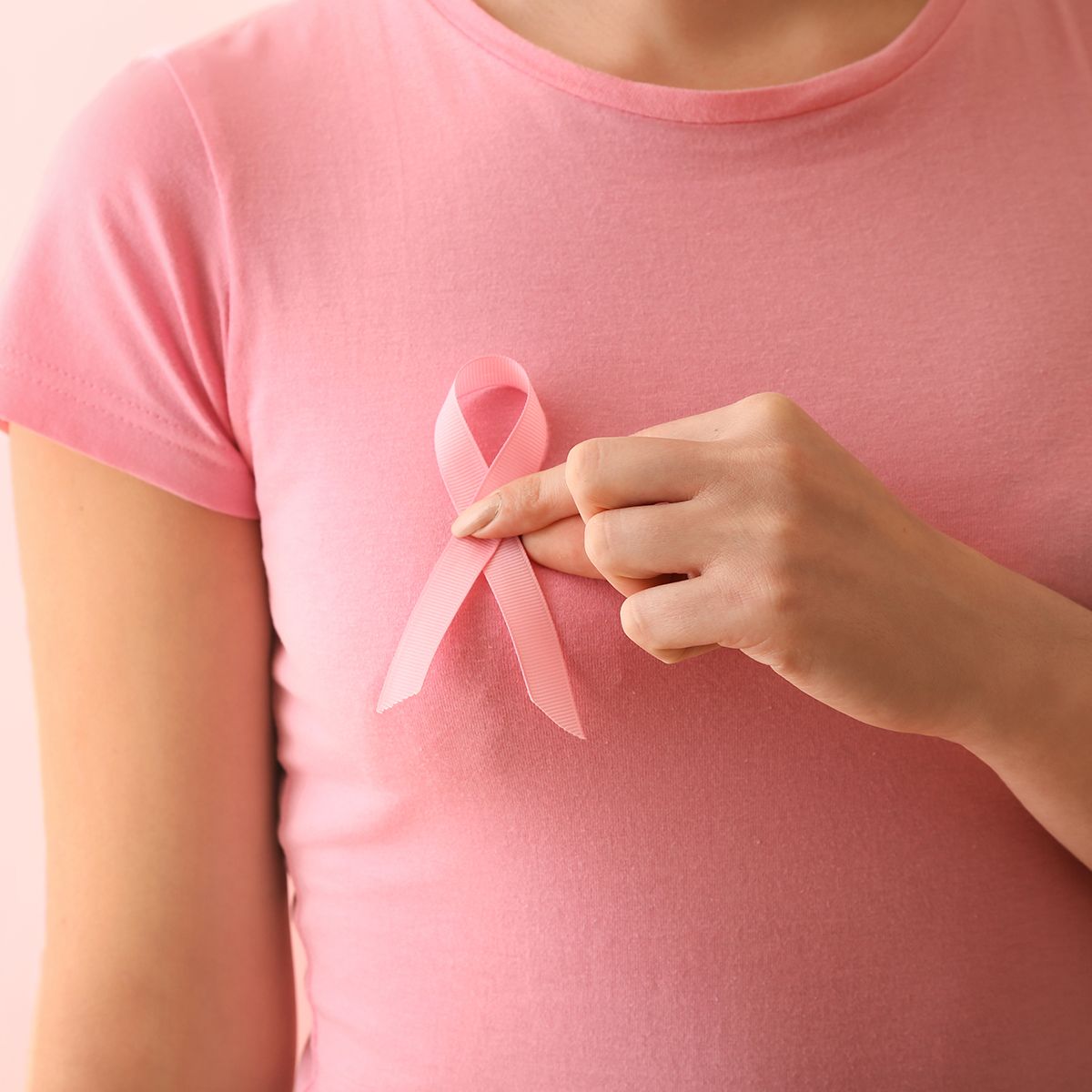Article
Replacing What Chemo Brain Takes Away
Author(s):
Sadly, we cancer survivors are often measured by what we’ve lost to cancer. I would like to put something back in the space left by all the things taken away.
It is only with the heart that one can see rightly; What is essential is invisible to the eye. - The Little Prince
Ask ten medical professionals whether or not chemo brain is real and you’ll likely get a variety of answers. Ask ten cancer patients and the response might be, “Wait, what was the question? Oh yeah, chemo brain. You bet it’s real!"
Whether it’s the result of physiological changes, chemical imbalances or a stress response, chemo brain remains one of the inheritances of facing the cancer challenge.
The American Cancer Society describes the following as reported symptoms of chemo brain:
- Forgetting things that they usually have no trouble recalling (memory lapses)
- Trouble concentrating (they can’t focus on what they’re doing, have a short attention span, may “space out”)
- Trouble remembering details like names, dates, and sometimes larger events
- Trouble multi-tasking, like answering the phone while cooking, without losing track of one task (they are less able to do more than one thing at a time)
- Taking longer to finish things (disorganized, slower thinking and processing)
- Trouble remembering common words (unable to find the right words to finish a sentence)
Sadly, we cancer survivors are often measured by what we’ve lost to cancer. Whether it’s cognitive functioning, organs, body parts or even the illusion that we're invincible, cancer and its treatment, is fraught with minuses. Therefore, I would like to put something back in the space left by all the things taken away.
I’m introducing the phenomenon of chemo heart, CH for short. This condition manifests itself on the day we’re diagnosed and progressively spreads the longer we face the challenge. CH is a condition of increasing awareness of one’s true nature and the felt connection with the whole of life, characterized by:
- Remembering to appreciate friends and loved ones
- No trouble looking past small slights, slanders and insults
- No trouble seeing past life’s distracting minutia
- No trouble making one's primary task to enjoy life
- Taking one's time to linger over life's simple pleasures
- No trouble remembering to honor others who are also facing this challenge
Unlike its evil twin, chemo brain, chemo heart puts us squarely in the plus column. Additionally, CH is a bonding experience. Sit next to a stranger who has also been on a cancer journey and you’re family; tied together by the human bond of shared trauma, tears and triumphs. Perhaps the best news is that CH works below the level of thinking and therefore is not impacted by brain functioning. There's nothing we need to remember in order for our hearts to grow larger through the experience of a life-altering illness.
This is not to say that CH comes to us automatically or that it can’t be distorted by other conditions. Let’s be honest, there is a time for the inevitable lament of “Why me?”
The grief that comes with any illness brings with it the inevitable four horsemen of denial, anger, depression and bargaining. CH does not erase these experiences. Instead, it allows us to hold these painful experiences in loving awareness with self-compassion. In the end, CH does not provide an answer to “Why me?” but it can remove the need for the question.
Perhaps, someday they will find a cure (or at least develop preventive techniques) for chemo brain. If we‘re lucky, there will come a time when everyone is measured by the workings of their hearts rather than their minds and all will see what is truly essential. In that case, we cancer survivors will have a head start.




